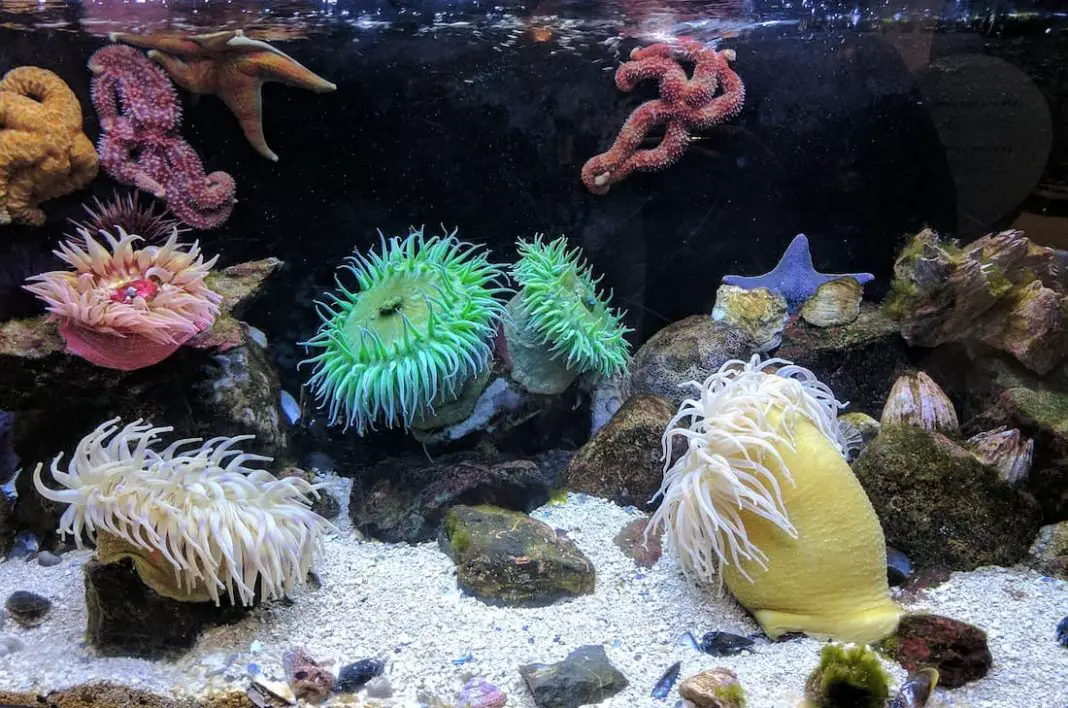Why Your Anemone Is Losing Its Tentacles
If you’ve noticed that your anemone is losing its tentacles this could mean that something is seriously wrong with your anemone including, starvation, putting the anemone into a tank too early, or incorrect water parameters, although the most probable cause could be due to starvation
It’s not uncommon for your anemone to deflate, especially at night, however, there’s a noticeable difference between deflation and shrinking, and a loss of tentacles. If you notice your anemone losing its tentacles then this is likely caused by starvation.
Could Your Anemone Be Starving?
This could be happening due to the water flow being too high and pulling nutrients and food away before it gets a chance to eat, or the other inhabitants of your tank, like a clownfish, could be eating its food.
One of the easiest methods to feed an anemone is to place a container over the anemone and use a turkey baster to get food to your anemone. That way, the food can’t be stolen and your sea anemone should grow again.
Why Feeding Your Anemone Is Important
A mistake that some aquarium hobbyists make is to fail to feed their anemones at all. Some hobbyists believe that their anemone is able to get enough food from the water or from the algae growing in their tissues, however, you may need to feed your anemone a few times a month to ensure that they won’t starve. To maintain the health of your anemone, it’s recommended to feed your anemone more often. The ideal foods for anemones are protein-rich foods like scallops, clams, shrimp and mussels.
Conclusion
No matter what you choose to stock your reef tank with, you need to make sure you perform some basic research to gain an understanding of these amazing creatures. Anemones in particular require very specific requirements and if they’re not met, they may fail to thrive. Waiting to add an anemone to your tank until it has matured is a good step, you also need to be sure the tank itself is a good environment including lighting, water quality and water flow. If all of these factors line up, you’re more likely to succeed in keeping your anemone healthy.
